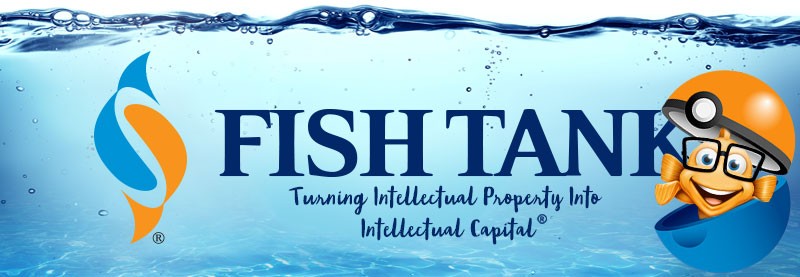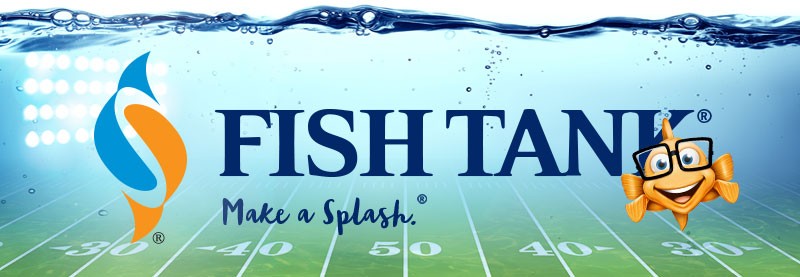Intellectual Property Insights from Fishman Stewart
Mini Article – Volume 23, Issue 18
Share on Social

Microchipped Cheese
By Kristyn Webb
Parmigiano-Reggiano, often simply referred to in the US as “Parmesan,” is considered one of the most famous and prestigious cheeses in the world. Parmigiano-Reggiano has a long history, dating back to the Middle Ages. It was created as a way to preserve excess milk and has since become one of Italy’s most iconic food products.
Due to its prestige and recognition, Parmigiano-Reggiano is sometimes counterfeited or imitated with similar-looking cheeses. However, true Parmigiano-Reggiano can only be produced under specific conditions in designated areas. The term “Parmigiano-Reggiano” is legally protected within the European Union as a Protected Designation of Origin designation. This means that only cheeses produced in specific regions of Italy and adhering to strict production standards can bear the name “Parmigiano-Reggiano.” However, there is no similar protection for designations of origin in the US. So, in the US, Parmesan cheese might be made in Wisconsin.
This difference in cheese labeling has been a friction point between the US and EU. Without a clear path forward to harmonize the laws, one cheesemaker has turned to technology to combat counterfeiting. The Consorzio del Formaggio Parmigiano-Reggiano is a consortium of dairy farms in the European Union that produce Parmigiano-Reggiano. They have announced plans to put microchips in the casing of their cheese wheels. The microchip is around the size of a grain of sand and is embedded in the casein label, which is the edible casing on the wheel. The microchip uses blockchain technology to record the provenance and shipping data of each wheel. A handheld scanner is used to scan and read the data emitted by the microchip’s transponder.
And what if you eat it? The company that produces the chips, the p-Chip Corporation, states that the chips have passed laboratory tests where they sat for three weeks in synthetic stomach acid without leaking any dangerous materials. They further state that, because the chips cannot be read remotely, or even locally once ingested, there is no threat that they will be used to track people.
While microchipping cheese wheels might seem extreme, it is worth noting that the global Parmesan cheese market is projected to reach $20 billion USD over the next five years. That’s a lot of cheddar!
Kristyn Webb is the Group Leader of Fishman Stewart’s Copyright Practice Group, and is currently earning a Master’s Degree in Copyright Law at King’s College London.

Published September 22, 2023


Related Content from Fishman Stewart
In a recent decision, the U.S. Court of Appeal for the Eighth Circuit affirmed a jury verdict holding that the use of the "Success Kid" meme by a congressman's reelection campaign for fundraising purposes did not qualify as fair use.
In February 2024, proposed legislation was introduced in US House of Representatives which would extend copyright protection to golf courses. The bill is titled “Bolstering Intellectual Rights against Digital Infringement Enhancement Act” or the “BIRDIE Act”.
June is Pride Month, which honors the 1969 Stonewall Uprising in Manhattan and recognizes the impact that lesbian, gay, bisexual, and transgender (LGBTQ+) individuals have had on history locally, nationally, and internationally. The United States Patent and Trademark Office flies the Pride Flag and promotes the Pride community’s contributions with programming offered annually.
June is Pride Month. This year we are celebrating with some IP tips for drag performers! Drag performers can protect their intellectual property by registering the copyrights in their original works of music, choreography, and comedy sketches.
You’re rarely more than a few yards from Finny’s favorite chips, semiconductor chips to be precise. But what exactly is a semiconductor chip?
"May the 4th Be With You," also known as Star Wars Day, takes place annually on May 4th. The phrase is a pun on the iconic Star Wars catchphrase "May the Force be with you."
First, a big “thank you” to all our readers who have given feedback on our newsletter. We appreciate your interest and insights. It is always a treat to hear from you! Second, we wanted to provide you with updates on some of our most popular articles
“Palworld”— a computer game created and published by Japanese developer Pocket Pair. Released as an early access game in January 2024, it sold over seven million copies on the computer platform Steam in the first five days and had nearly 20 million players in the first two weeks.
This year’s Super Bowl featured a thrilling overtime victory for the Kansas City Chiefs over the San Francisco 49ers. With estimates as high as 123 million viewers, America's premier sporting event also serves as a grand stage for creativity and intellectual property protections that enhance the game’s success.
Valentine’s Day is just around the corner and jewelry sales are usually around $6 billion USD in the United States alone. In 2021, the US Customs and Border Protection agency seized over $1 billion USD worth of counterfeit pieces of jewelry.
IDENTIFYING, SECURING AND ADVANCING CREATIVITY®











